It takes around 12 months to complete the MSc program. After completing the Qualifi Level 7 postgraduate diploma, students can apply for the MSc programme at the University of Bolton.
Ranked 46th in the UK
The Guardian The Best UK Universities League Table
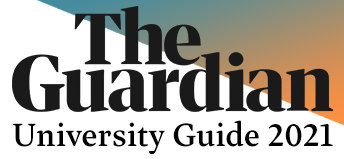
89nd University in UK
Studyin-uk-UK University Ranking 2022
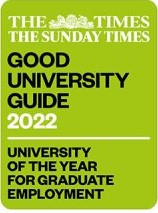
124th in UK
CUG The Complete University Guide – University League Tables 2023


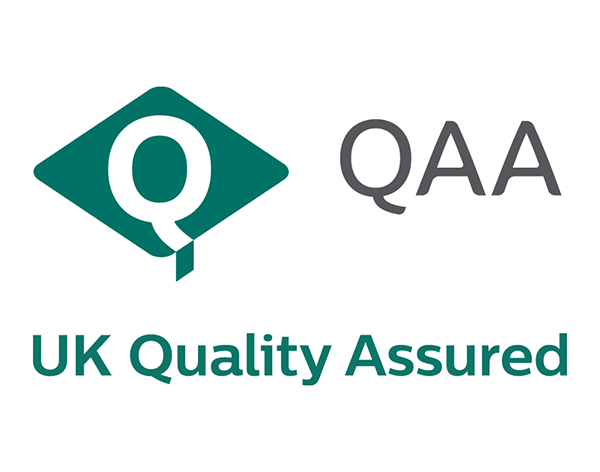
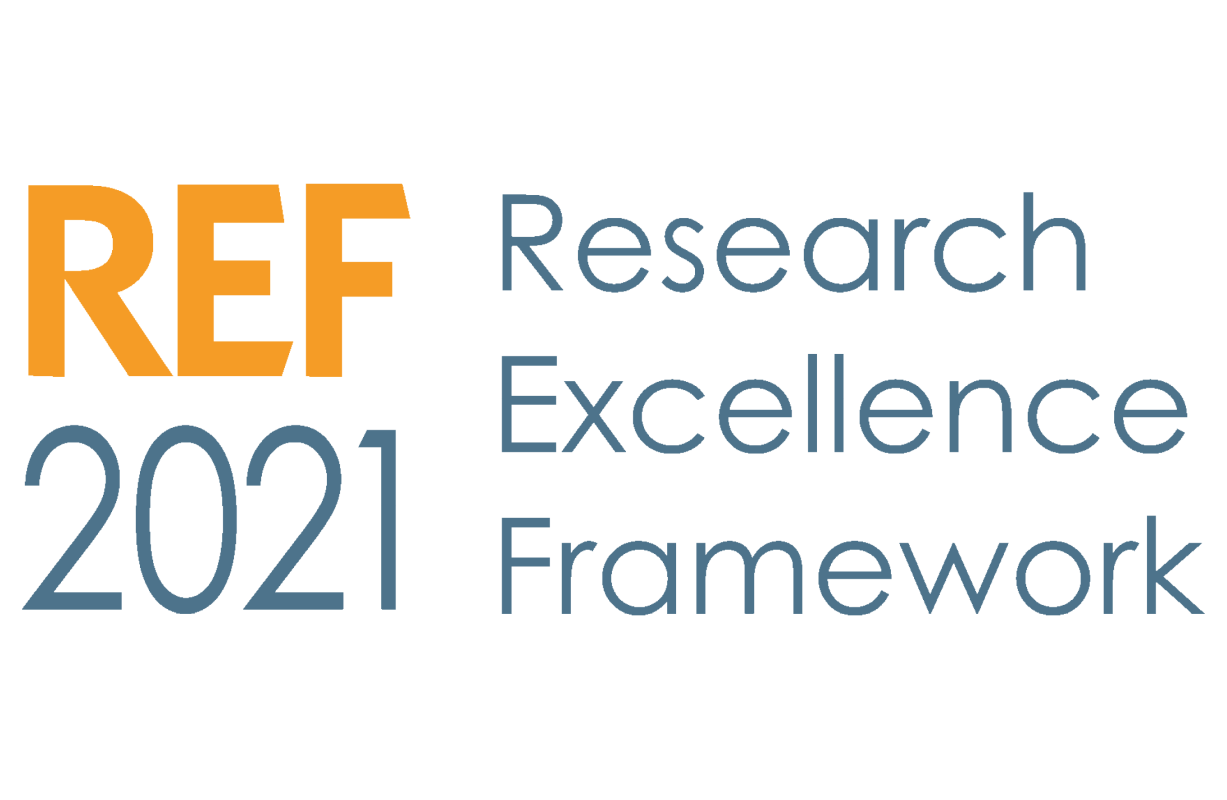
University of bolton
Course Type
MSc Management Top-Up
Study Method
Distance Learning
Start Date
September / January / June
Course Duration
12 Months
Assessment
No exam, assessed on a continuous basis through assignments and class participation
Language Medium
English
Progression Pathway
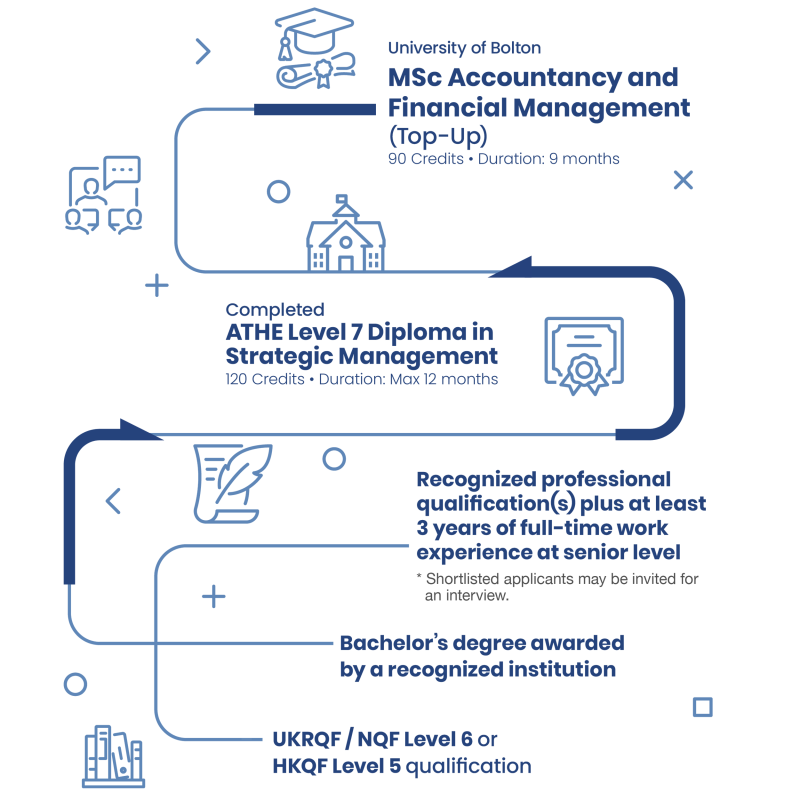
Requirements
- • UK RQF/ NQF Level 6; or HKQF Level 5 qualification or
- A bachelor’s degree awarded by a recognized institution or
- A recognized professional qualification (s) plus at least 3 years of full-time work experience at senior level.
Shortlisted applicants may be invited for an interview
English Requirements:
- IELTS 5.5; Reading and Writing must be at 5.5 or
- HKALE Use of English at Grade E or above, or HKDSE Examination English Language at Level 3 or above or
- Satisfy the examiners in UK EDUCATION qualifying examination, if required.
Your existing educational qualifications and work experience will be directly taken into account, allowing for module exemptions whenever possible.
Please make an enquiry below.
ATHE Level 7 Diploma in
Strategic Management
Start Date: Anytime
Duration: Anytime
Mode of Study: Distance Learning
Structure: 2 Mandatory plus 2 electives only with no exam
Mandatory Units
Select at least two of the following:
1. Strategic Planning
2. Finance for Strategic Managers
3. Research for Strategic Development
4. Organisational Behaviour
5. Personal Development for Leadership and Strategic Management
Optional Units
Select at least two of the following:
1. International Business Environment
2. Developing Organisational Vision and Strategic Direction
3. Human Resource Management
4. Project Management
5. Strategic Resource Management
6. Risk Management
7. Managing Stakeholder Engagement
8. Corporate Communication Strategies
9. Leading Organisational Equality and Diversity
10. Sustainable Business Strategy
11. Managing Quality and Service Delivery
12. International Finance
13. Quantitative Methods
14. Strategic Marketing
15. Corporate Communication Strategies
16. Strategic Human Resource Management
17. Managing Continuous Organisational Improvement UK
MSc Top-Up Provided by University of Bolton
More Information
This module serves as a precursor to the dissertation and guides students in the development of a comprehensive research proposal. The research proposal will later form the first three chapters of the dissertation. Students will work on establishing clear research objectives and gaining an understanding of the research context, contributing to Chapter One of their dissertation. They will also develop an appropriate conceptual/analytical framework for data analysis after conducting a critical review of relevant literature, which will contribute to Chapter Two of the dissertation. This module helps students make informed decisions about suitable research philosophies, strategies, and methods. Topics such as triangulation, reliability, validity, and research ethics will be explored, resulting in a critically robust research design that will form the basis of Chapter Three of the dissertation.
The Strategic Business Leader module aims to help students demonstrate organizational leadership, senior consultancy or advisory capabilities, and relevant professional skills within the context of an integrated case study. As a key leadership syllabus at the Strategic Professional level, this comprehensive integrated examination requires candidates to exhibit a variety of professional skills needed by effective leaders or those advising or supporting senior management in directing organizations. The syllabus covers the main functions of organizations within the leadership framework, incorporating content from all Applied Skills Level exams and the Ethics and Professional Skills Module. Students are expected to demonstrate a wide range of professional skills in their exam responses, enhancing their employability and advancement opportunities. The module also focuses on innovation, performance excellence, and change management to facilitate organizational success and implement change through effective processes, IT solutions, and project management, including the role of disruptive technologies in transforming business analysis and transactions.
The dissertation module offers students the chance to conduct an in-depth and extensive research project. It enables them to integrate the academic knowledge they have gained from the MSc modules and critically discuss an issue related to Accountancy or Financial Management. The module’s primary goal is to help students develop a high level of autonomy in critically appropriating and utilizing knowledge from various sources to support their professional development. Additionally, the module aims to enhance students’ abilities to identify a problem, establish its significance, formulate a hypothesis or proposition, design methods to test the hypothesis, and evaluate the results. Although the dissertation module specification is consistent across all Masters programs offered by the School, students must choose a dissertation topic directly related to their specific program of study.

